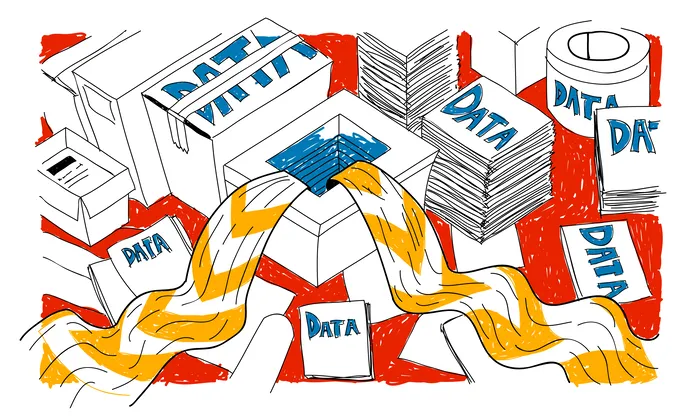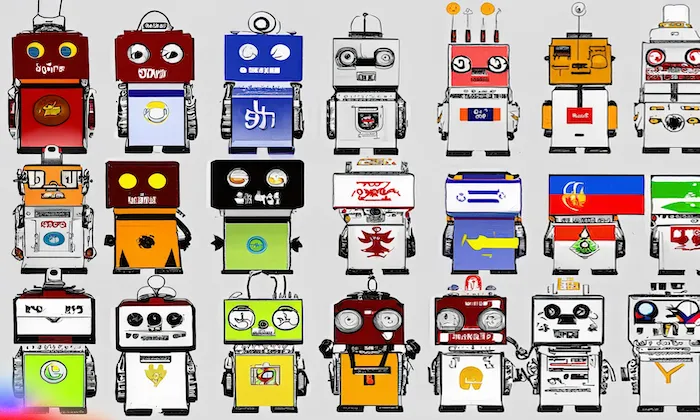What are common formats used in voice cloning datasets?
Voice Cloning
AI Applications
Speech Synthesis
Voice cloning datasets are fundamental in developing AI systems designed to replicate human speech. These datasets, composed of various audio recordings, are crucial for crafting synthetic voices that sound natural and expressive.
At FutureBeeAI, we specialize in creating high-quality datasets that support these endeavors.
Importance of High-Quality Recordings
High-quality voice recordings are best captured in professional studio settings.
These controlled environments eliminate background noise and reverb, ensuring clear and pristine audio. This is crucial for training models that require nuanced sound quality.
Types of Speech Data in Voice Cloning
Voice cloning datasets benefit from a mix of:
- Scripted Speech: Predefined scripts ensure consistent clarity and delivery, ranging from conversational dialogues to dramatic monologues. This aligns with our scripted monologue dataset, which provides domain-specific recorded scripts for various applications.
- Unscripted Speech: Capturing spontaneous speech adds to the dataset’s naturalness, enhancing a model’s ability to replicate real-world speaking patterns, as seen in our general conversation dataset.
- Conversational Exchanges: Dialogues between speakers introduce variability and depth, making cloned voices sound more realistic in interactive scenarios.
Role of Dataset Formats and Diversity
The choice of formats in voice cloning datasets significantly affects the model’s performance.
Diverse datasets enable the creation of more adaptable and realistic models, crucial for applications like virtual assistants or interactive storytelling. For instance, a dataset with varied accents and emotional tones equips models to handle different scenarios, enhancing user interaction quality.
Key Considerations in Dataset Construction
When constructing a voice cloning dataset, several critical decisions must be made:
- Speaker Diversity: It is essential to include diverse speakers in terms of age, gender, and accent to create robust models. This diversity ensures the model can generalize well across different user demographics, supported by our speech contributor platform for speaker diversity sourcing.
Applications of Voice Cloning Datasets
Voice cloning datasets are vital for various applications:
- Virtual Assistants: High-quality datasets enable assistants to sound more natural and interactive.
- Multilingual TTS Systems: Diverse datasets enhance the preservation of voice characteristics across languages.
- Accessibility Solutions: Provide voice restoration for individuals with speech impairments, promoting inclusivity.
FutureBeeAI’s Role in Voice Cloning
For projects requiring extensive voice cloning datasets, FutureBeeAI offers studio-grade, diverse, and ethically sourced data.
We ensure high-quality, structured audio with comprehensive speaker coverage, supporting AI teams in building expressive, multilingual voice systems.
Connect with us to explore how our data solutions can enhance your voice synthesis initiatives.
What Else Do People Ask?
Related AI Articles
Browse Matching Datasets
Acquiring high-quality AI datasets has never been easier!!!
Get in touch with our AI data expert now!








